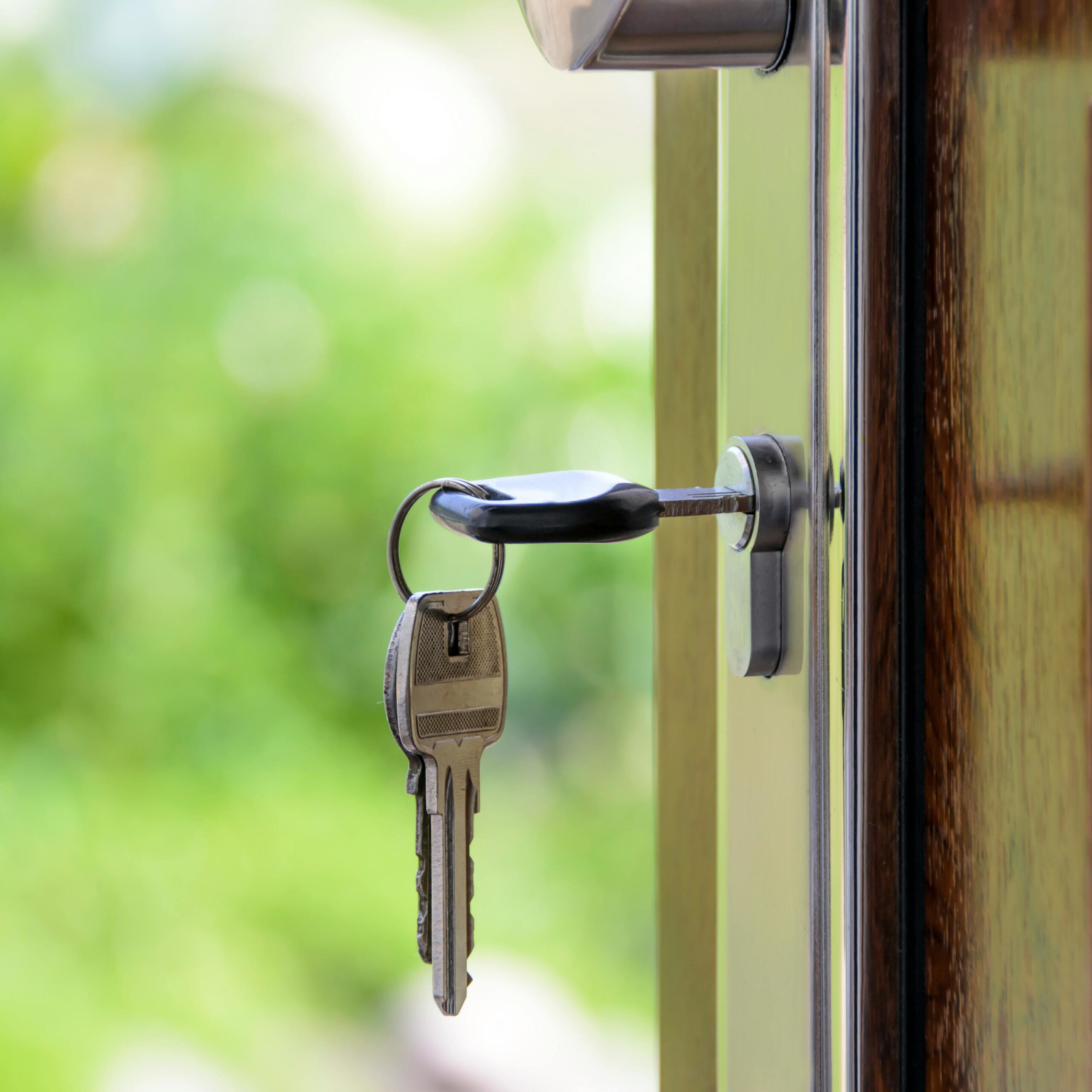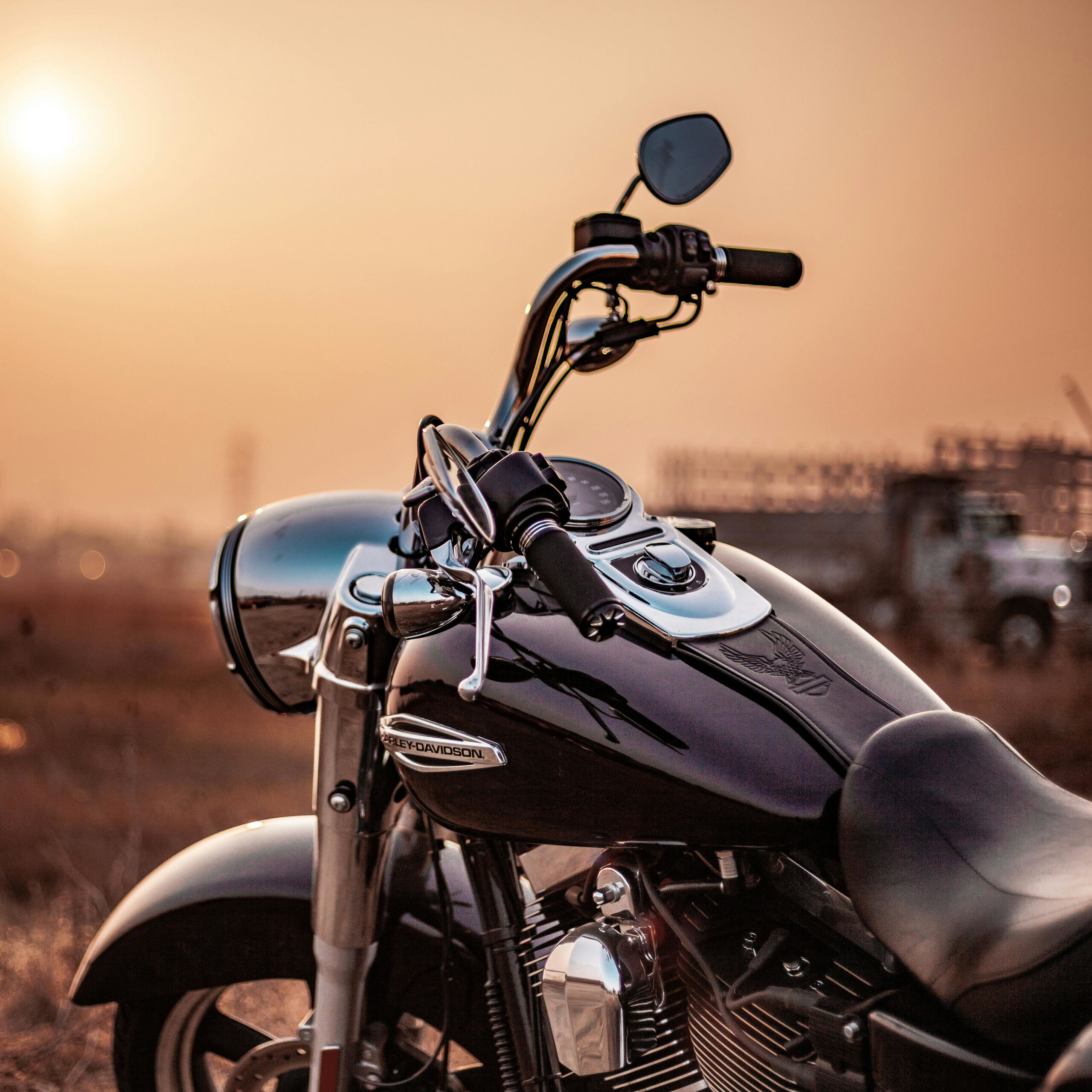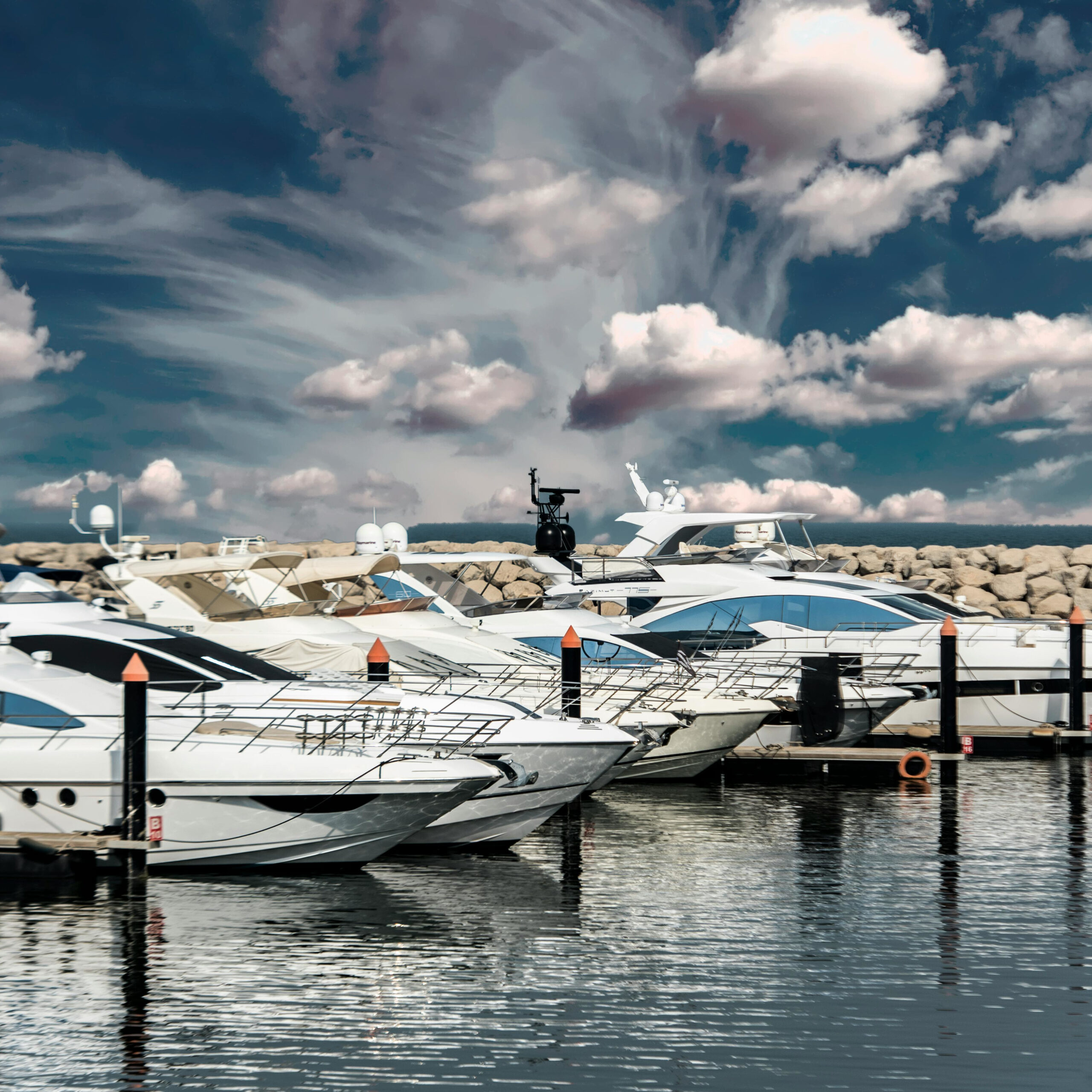
Car insurance typically covers damage to vehicles, injuries, and other accident-related costs. The main types include:
Several things affect your car insurance rates:
Choosing a higher deductible usually lowers your premium but means you'll pay more if you have an accident. A lower deductible costs more each month but saves you money when you need to file a claim.
Home insurance protects your house and stuff when bad things happen. A typical policy includes:
Some important things aren't covered by standard policies:
Several factors determine what you'll pay:


Renters insurance helps protect your stuff and more:
No law says you need it, but many landlords require it before you can sign a lease. Even when it's not required, it's a smart idea since it protects your stuff and doesn't cost much. For just a few dollars a month, you can avoid losing everything in a disaster.
Some important things aren't included:
Motorcycle insurance protects you and your bike in several ways:
Most states require at least some insurance to ride legally on public roads. Even where it's not required, riding without coverage is risky - one accident could cost you thousands in repairs or medical bills.
Several things impact your rates:


Boat insurance helps protect you in several ways:
It depends on your situation:
Several things impact what you'll pay:

© 2025 Ratliff Insurance Service
7011 Fayetteville Rd., Unit 103-B, Durham, NC 27713

© 2025 Ratliff Insurance Service
7011 Fayetteville Rd., Unit 103-B, Durham, NC 27713